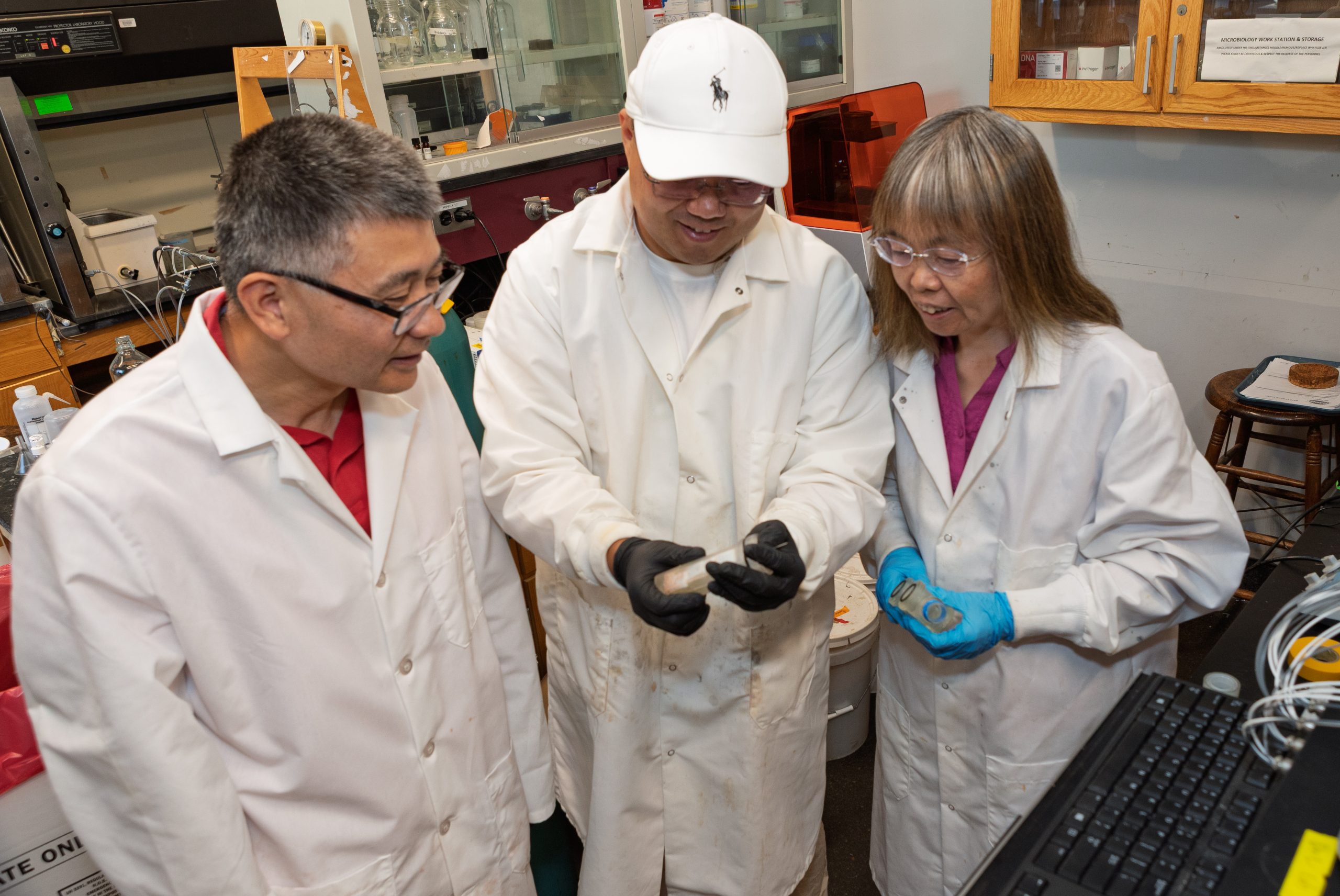 The Connecticut Poison Control Center at the University of Connecticut Health Center is issuing a warning about the dangers of carbon monoxide poisoning. With so many power outages across the state, homeowners are trying to keep warm by using their furnaces, stoves, and fireplaces – all of which produce carbon monoxide.
The Connecticut Poison Control Center at the University of Connecticut Health Center is issuing a warning about the dangers of carbon monoxide poisoning. With so many power outages across the state, homeowners are trying to keep warm by using their furnaces, stoves, and fireplaces – all of which produce carbon monoxide.
Without proper ventilation/exhaust or in the case of incomplete combustion, heating systems can release dangerous carbon monoxide into the home. A byproduct of burning organic fuels that include oil, gas, wood, coal and kerosene, carbon monoxide has no smell or taste.
Never use generators, charcoal grills, gas grills, or other gasoline powered tools indoors or in a garage, carport, basement or other enclosed structure. Dangerous levels of carbon monoxide can build up quickly even if doors and windows are open.
Early symptoms of CO poisoning include headache, nausea, unclear thinking, shortness of breath, weakness, and loss of muscle control. Severe symptoms can include convulsions and unconsciousness that can lead to death.
Amy Hanoian-Fontana, community education specialist with the Connecticut Poison Control Center, strongly recommends the use of carbon monoxide detectors with a battery back-up so it can function during a power outage.
“If your detector goes off, or if you experience symptoms of carbon monoxide poisoning, go outside immediately,” advises Hanoian-Fontana. “Use your cell phone or a neighbor’s phone to call the poison center or 911.”
Health care professionals and the public can call the poison center any time – day or night – at 1-800-222-1222 to report poisonings and get immediate treatment advice from poison specialists.
Other Poison Prevention Reminders:
- Keep generators 20 feet away from the house and away from windows, doors, and vents that could allow carbon monoxide to come indoors.
- Do not siphon gasoline. Do not induce vomiting in a person who has siphoned. Call the poison center or 911 for help.
- Gasoline, lamp oil, kerosene, sterno, and tiki torch oil are all poisons that are highly toxic. Keep them out of the reach of children.
- Do not touch leaking or corroded batteries. Battery acid can burn the skin and eyes.
Follow the UConn Health Center on Facebook, Twitter and YouTube.



